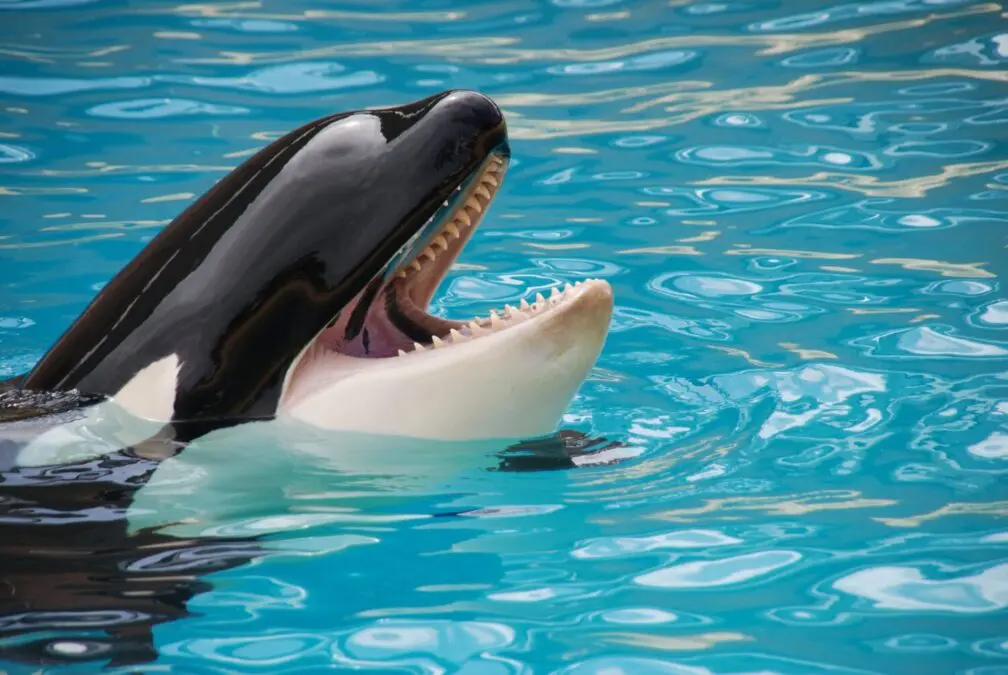The consequences of climate change are increasingly threatening whales and dolphins, says a new report cited by DPA.
The non-governmental organization “Conservation of whales and dolphins” published the document on the occasion of the COP 28 climate conference, which is being held in Dubai.
It warns that warming oceans are having a dramatic impact on a large number of species, and their habitats are changing so rapidly that animals are starting to compete or even fight with each other.
Rising temperatures have led to an increase in algal blooms, which release toxins. The organization says they are increasingly being found in dead whales and dolphins.
In addition, toxins can slow down the animals’ reactions, exposing them to greater risks, such as collisions with ships.
“The sudden mass mortality is most likely due to the algal bloom,” said the report, quoted by DPA.
According to him, at least 343 toothless whales (Mysticetes) died in Chile in 2015, with extremely high concentrations of paralyzing toxins found in more than two-thirds.
A problem is also the reduction of krill – one of the most important sources of food for these mammals, the organization points out. It is declining due to industrial fishing and higher water temperatures.
Food shortages mean marine mammals can store less fat and no longer have enough energy for their seasonal migrations. It is also observed that many animals no longer go to warmer waters to mate. The result: fewer young animals.
The creation of protected areas is of particular importance for animals, as well as achieving the goals outlined in the 2015 Paris Agreement – limiting the rise in global temperature to 1.5 degrees Celsius above pre-industrial levels, if possible.
Governments and industry must ban destructive fishing practices, the report urges. The authors believe that catch limits and alternative fishing gear should be introduced, DPA notes.
Photo by Pixabay: https://www.pexels.com/photo/white-and-black-killer-whale-on-blue-pool-34809/







